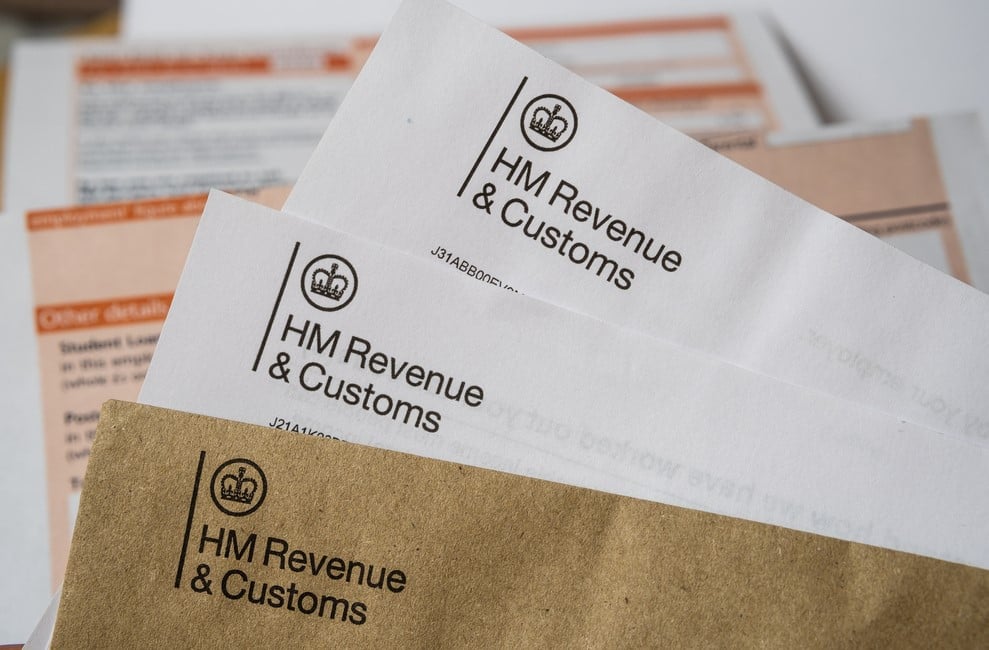Getting a letter from HM Revenue can often transmit waves of anxiety across anyone’s day. Generally, these communications arrive in various forms, but one type that might arrive in your mailbox is the dubbed “nudge letter.” Designed to prompt or urge taxpayers about their fiscal responsibilities, particularly pertaining to undeclared income, understanding your HMRC nudge letter is vital to make sure you’re fulfilling your tax obligations effectively.
What precisely is an HMRC Nudge Letter?
A nudge letter from HMRC is fundamentally a preventive measure rather than an accusing one. These letters are part of HMRC’s approach to motivate taxpayers to freely correct any inconsistencies in their tax reports, particularly focusing on international income that may not have been fully declared. Unlike formal audit letters, a nudge letter does not mean there is an current investigation into your tax affairs. Instead, it functions as a tender prompt that HMRC has data implying there may be undeclared income.

Why You Got This?
If you’ve found one of these notices in your post, it’s likely because HMRC has obtained information that possibly clashes with the data you’ve submitted, or implies there may be extra sources of income that need be accounted for. Common causes for dispatching a nudge letter involve differences noted in the data reported by international tax authorities or financial institutions about overseas income.
Understanding the Message
The main content of a nudge letter usually includes a reminder about the importance of reporting all applicable revenues; a reminder that mistakes should be rectified; and at times, links to guides on how to go about disclosing undisclosed income. It’s vital to check the data noted about the alleged undisclosed income carefully and ascertain whether it relates to your situation.
Following Measures: What Should You Perform?
After receiving a reminder letter, taking active steps is essential:
Review your Tax Returns: Verify your prior returns to confirm all income sources were declared accurately. Pay special attention to any overseas income.
Consult a Tax Consultant: If there’s any doubt about how to move forward or if corrections are necessary, seeking advice with a taxation professional could offer clarity and guidance.
Respond Promptly: Follow any instructions provided in the notice concerning deadlines for response. Engaging cooperatively with HMRC could often prevent additional complications or queries.
Rectify Every Mistakes: If you find oversights or left out data, choose prompt action to fix it. This commonly entails lodging amended returns and joining forces fully with HMRC.
Deterrence is Superior Rather than Remedy
To steer clear of subsequent HMRC prod letters, maintaining complete and correct records of each domestic and global income is wise. Repeatedly updating tax filings and ensuring full transparency can aid bypass the pressure associated with such checks from the tax authorities.
Navigating financial obligations may seem daunting, especially if it concerns complexities such as income from abroad. However, grasping why you obtained an Her Majesty’s Revenue and Customs nudge letter and understanding how to respond efficiently may not only assist in addressing likely issues promptly but also reinforce your commitment to diligent monetary compliance. Bear in mind, HMRC employs these letters to aid taxpayers in staying on track rather than penalizing them without prior notice.
To learn more about Nudge Letter Overseas Income see this popular web site
